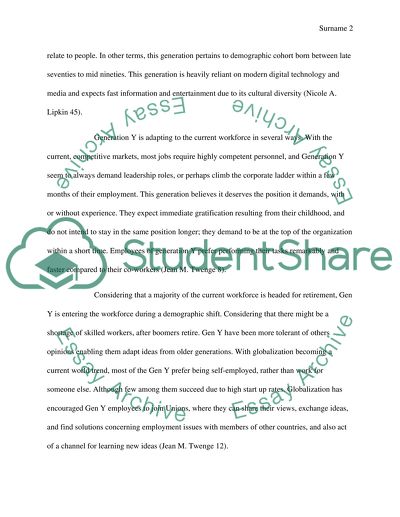Cite this document
(“How Generation Y is Fitting into Today's Workforce Research Paper”, n.d.)
Retrieved from https://studentshare.org/english/1449374-generational-differences-how-is-generation-y
Retrieved from https://studentshare.org/english/1449374-generational-differences-how-is-generation-y
(How Generation Y Is Fitting into Today'S Workforce Research Paper)
https://studentshare.org/english/1449374-generational-differences-how-is-generation-y.
https://studentshare.org/english/1449374-generational-differences-how-is-generation-y.
“How Generation Y Is Fitting into Today'S Workforce Research Paper”, n.d. https://studentshare.org/english/1449374-generational-differences-how-is-generation-y.


